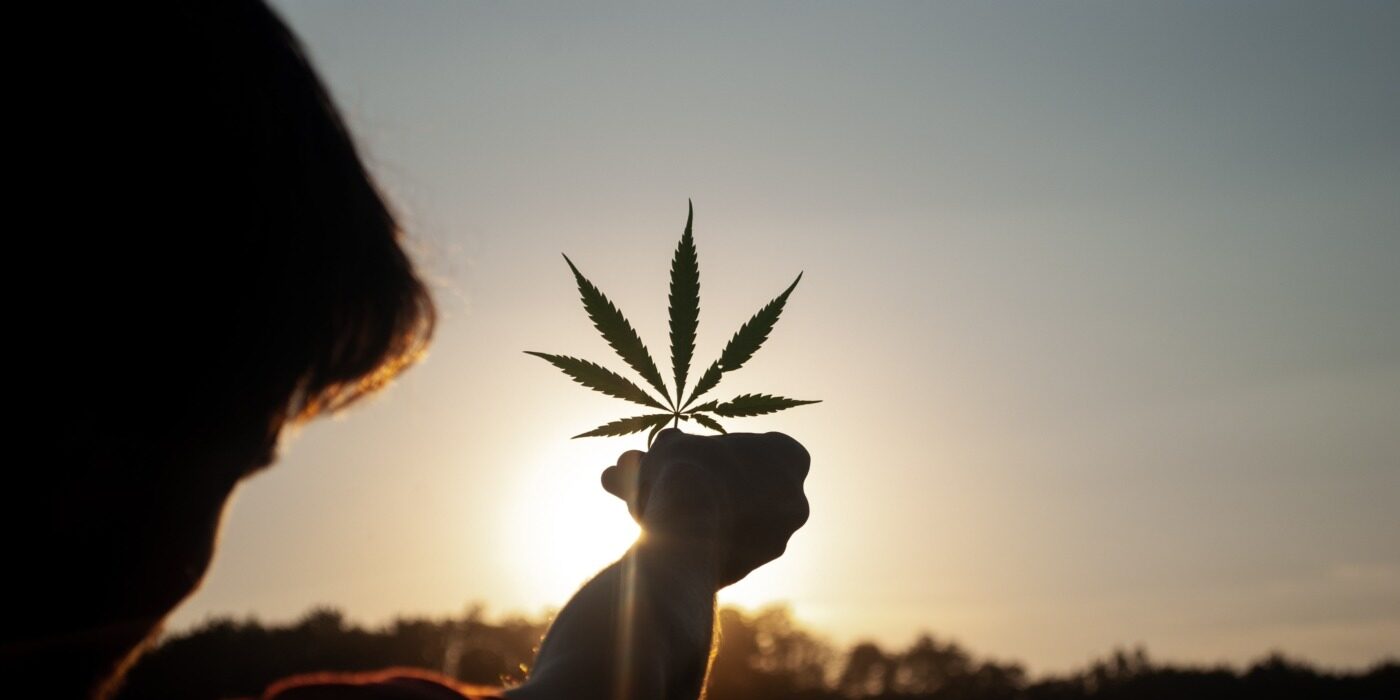Can cannabis create a tourism boom for Thailand?
Did you know that one of the side effects of legalising cannabis is the boosting of high-end tourism? A 2020 report found that 29% of leisure travellers were interested in cannabis-related tourism, such as visiting a dispensary, trying infused edibles or drinks, experiencing a spa treatment with a CBD product, or sampling cannabis in a safe environment. For years, tourists flocking to Amsterdam and its famous hashish cafes have played a role in boosting the Dutch tourism industry. But as cannabis becomes more commonplace around the world, it isn’t only Amsterdam that’s attracting a high number of tourists.
Countries like the United States have started raking in the revenues from cannabis tourism, with hotel bookings growing by 3.5% and 6%-7.2%, since commercial sales began. For the 44% of travellers who have indulged in cannabis tourism, some of the best holiday destinations, alongside the US, are Canada, Jamaica, and Uruguay. But now, one of the last countries you might have expected may be breaking into the game: Thailand.
Thailand held a reputation as one of the strictest countries in the world for drug offences
Previously, Thailand held a reputation as one of the strictest countries in the world for drug offences. Even cannabis, which has been labelled as a “less dangerous” drug by the UN, carries the potential for a 15-year prison term there— not exactly the top of a recreational user’s holiday destinations!
However, it has recently been announced that the drug may be delisted as a narcotic, which could transform how it is used in Thailand. The legislation will also make it the first Asian country to delist cannabis that has a tetrahydrocannabinol level of below 0.2%, similar to how Thailand paved the way for the medical use of marijuana in 2018. Anutin Charnvirakul, the public health minister, said that once the delisting comes into effect, people will be able to grow cannabis plants at home and it will be possible to obtain licences for commercial growth.
Cannabis will become part of the health and wellness industry
Carl K. Linn, author of a newsletter about cannabis in Thailand, argues that it holds potential for the future of foreign tourism. As Thailand already has a medical and wellbeing industry, which attracts most of the country’s tourists, Linn suggests that cannabis will become part of the health and wellness industry. In his newsletter, he explained: “A lot of people come here to get their faces fixed with plastic surgery… and for wellness retreats. Within that context, marijuana will integrate beautifully.” In fact, many resorts and spas already offer products infused with cannabidiol, or CBD, a compound found in cannabis plants that doesn’t provide a high. It’s likely that the drug being delisted will only contribute to the integration of the cannabis and beauty industries.
Looking to the future of the tourism industry, Linn is optimistic that the bill will help Thailand rebuild its economy post-Covid. During the pandemic, Thailand’s economic growth stagnated, with a drop of -6.1% in 2020 and 0.8% growth in 2021. It has been estimated that the country’s recreational cannabis market could be worth $424 million by 2024, according to cannabis research firm Prohibition Partners. Although marijuana alone won’t save the economy, Linn believes it will provide a “spark” that may return the tourism industry to pre-pandemic numbers in coming years, as the health and wellness tourism is currently valued at $2.5 billion.
As well as providing a boost to the economy, the delisting may be a political move by Charnvirakul, who promised to make cannabis legal for the masses during his election campaign in 2019. At the time, he called such legalisation “a win-win situation for the Thai people because they will grow the plant and it will benefit the economy”. It hasn’t gone unnoticed that this sudden push to delist cannabis has come now, ahead of election season, and some doubt Charnvirakul‘s motives.
Over 80% of people in prison are held for drug offences
There is also the question of what will happen to people currently in prison for the possession, selling, or use of cannabis prior to it being delisted. Thailand has one of the largest prison populations in the Association of Southeast Asian Nations (ASEAN) countries with over 80% of people in prison held for drug offences. Currently, it is unclear whether people in prison for cannabis-related offences will be released under the new law.

Comments